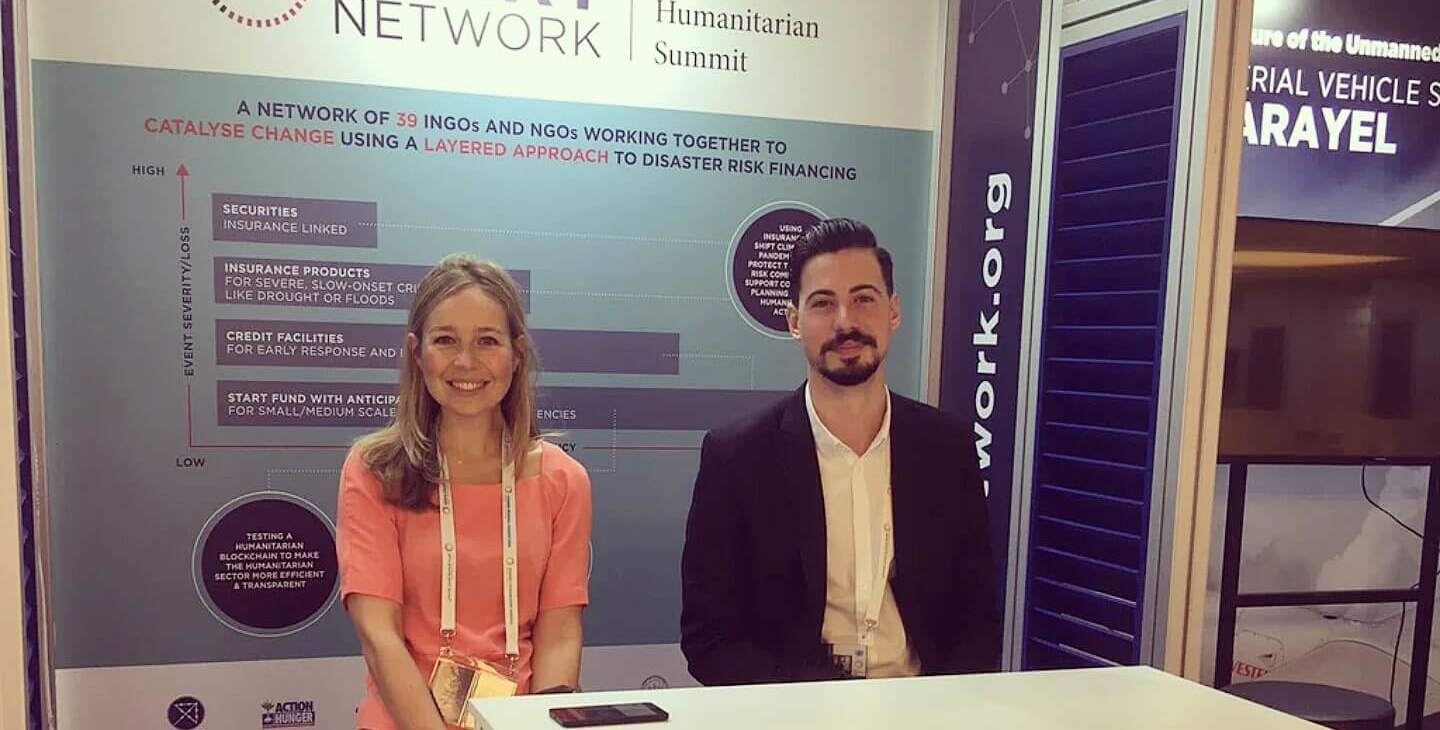Start Network's Annemarie Poorterman discusses her time at WHS and how technology can help address the need for improved transparency and accountability in the sector.
Last week the Start Network was present at the World Humanitarian Summit (WHS) with two stands; one in the main exhibition fair and one at the Innovation Marketplace. Whereas the main exhibition fair focused on governments, NGOs and traditional parties, the Innovation Marketplace gave room to a broad range of innovative companies, products and partnerships. A walk around the Innovation Marketplace took you past stands with drones, solar panels and digital voucher systems, you could also talk to companies from Facebook to Mastercard.
Innovation seems to be a buzz word in the humanitarian sector and it was a big concept in Istanbul. Interestingly, this innovation dynamic in the marketplace emerged almost completely separate from the higher level discussions that took place in at the roundtables and plenary.
For some of the areas that the Start Network works on, such as the new financial products and the blockchain pilot, the Network works together with actors such as technology companies and the insurance industry. We set up our stand in the Innovation Marketplace to foster new partnerships, and look for non-traditional sources of funding.
I was there because I’m managing Start Network’s pilot project using blockchain technology for decision making in the Start Fund. Blockchain technology could allow entities to run fully transparent and accountable transaction systems (whether these are transactions of money or votes). Start Network is amongst the first global applications of this revolutionary technology. And at WHS we met many others who are developing new concepts in the blockchain space, such as a natural disaster management platform that allows worldwide donations directly to affected people and organisations during natural disasters.
Transparency and accountability are two key benefits of this technology, and this was the topic of conversation at one of the side events I attended. The event, organised by Development Initiatives (one of Start’s strategic partners), discussed the options for wide scale use of standardised reporting such as the International Aid Transparency Initiative (IATI) and the Financial Tracking Service (FTS). The session concluded that full transparency and accountability are a major opportunity and challenge for the humanitarian sector, and that self-reporting is currently our best option.
It was very interesting to attend this session and reflecting on our work on the blockchain project. A successful blockchain pilot could show us possibilities beyond self-reporting that would really address the need for better transparency and accountability.
With the pilot project being ready for a simulation and live testing with the Start Fund Committee over the next two months, Start Network is ahead of other concepts that were presented in WHS. Being able to connect a network of (I)NGOs to technical expertise that exists in the private sector is one of the major fortes of Start. And if we’re able to show that transparency could look very different from our current conception, that would be truly innovative.

